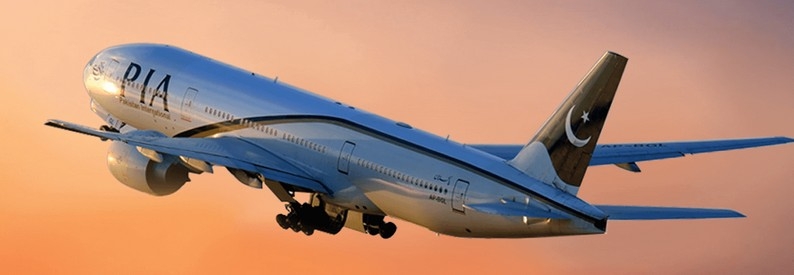
Embroiled in financial and operational problems for years, the Pakistan International Airline (PIA) is impairing the flow of international movement and trade for Islamabad. The airline which can be called an epitome of operational inefficiency, corrupt management, safety concerns and service failure has become a drag on state finances. The financial concern has been a recurring theme characterized by mounting losses and a heavy debt burden. The operational and service struggles include a dwindling market share, customer dissatisfaction, flight delays and cancellations.
Being a state run airline, PIA is considered by many a victim of faulty policies of successive governments. According to some estimates in media, it carries an accumulated burden of losses of around $3 billion. Moreover, there is a pile up of debt including that of tax liabilities it owes to government departments. July 2023 marked the latest instance when PIA’s bank accounts were frozen when it was told to pay around 2.8 billion Pakistani rupees ($9.8 million) in taxes. The airline had faced similar situation earlier in February 2023 when accounts remain frozen for days. The government which claims to be working on a restructuring plan for PIA ironically faces opposition from within the airline. On its part, the carrier keeps on asking the government to bail it out using the state finances. It last witnessed a profitable year in 2004 which is almost two decades back.
Considering PIA’s pitiable track record in operations and revenue raising, the situation is not likely to improve in the coming years. The lack of modernization and investment in technology has hindered its ability to streamline operations and improve passenger experiences. Prevalence of corruption at various levels of its management is also said to have contributed to financial troubles of the carrier. Recently, Pakistan’s Cabinet Committee on Privatisation was reported to have added PIA to the government’s “active privatisation projects”. Notably, earlier proposals for restructuring or privatizing PIA have reached nowhere.
PIA’s safety record has been another key concern as the carrier has been in centre of many serious incidents, including the tragic crash of Flight PK8303 in May 2020. However, it is the inability of public airline to improve state of operations that raises questions about its commitment to safety protocols. The gloomy state of affairs even led the International Air Transport Association (IATA) to suspend the airlines’ international flights for several months and the drubbing PIA tarnished the image of PIA on the international stage. The poor handling of manpower issues by airline has also added to its woes, often leading to strikes and disruptions. Persistent discontent among employees
over issues like job security and wage discrepancies has further strained the PIA’s operations and public image.
The curtailing of PIA’s operation has put international traders from Pakistan into quandary. However, the situation is more depressing for other important stakeholders who relied on the services of the state carrier for strategic trade and movement of equipment. The defence forces in the country are facing logistic challenges due to ceasing of flight operations. Due to the halting of PIA flights to China, various shipments of these forces bound to the country have got stuck. The blocked shipments reportedly contain Pak defence equipment requiring overhaul, maintenance and repair activities in China. The tri-forces of the country have approached PIA several times for solution of the impasse. The management of PIA however maintains that it could not do anything else than issuing NOCs to the shipments for enabling their transfer through other means. The problems arising out of failing operations of PIA means several setbacks for movement of people and goods from Pakistan, many of them having serious implications. However, the issue may not be limited to defence sector only. With time, this would likely put a shadow on many more activities of strategic importance including many areas of international cooperation for the government which may not be commercially feasible. The developing debacle of PIA may force Islamabad to deal with more setbacks in priority areas covering education, health and disaster management, etc.






